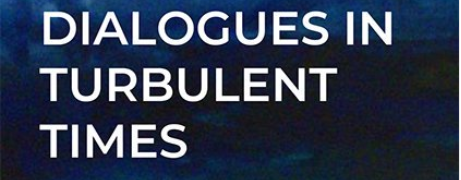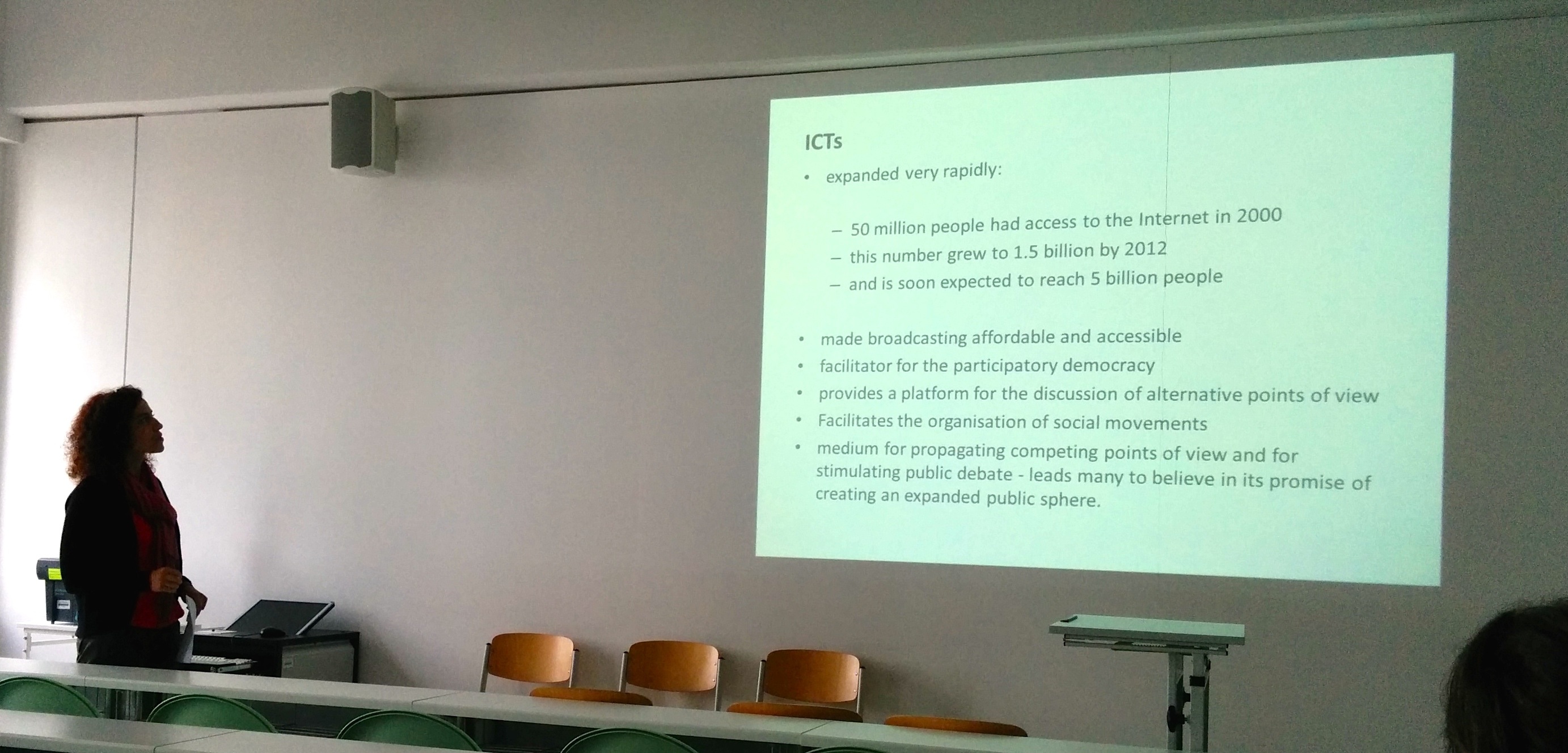On 14 March the last submission period closed for contributions to the conference. After a first quick review it was already clear that all expectations were far exceeded: more than 350 scientific papers were received from a broad range of disciplines such as economics, psychology, geography and urban planning. Further 260 proposals for practice-based activities were submitted by various civil-society organizations and initiatives. The majority of the contributions came from European countries, although there were also submissions from Japan, India,Mexico, Brazil and the United States.
Professor Tim Jackson, author of „Prosperity without Growth“, and member of the conference’s advisory board, sees the conference as an important step towards overcoming the growth paradigm: „I hope that this conference will help shape a positive vision of an equitable and sustainable post-growth society“. Nina Treu, programme coordinator of the conference, is pleased: “The high number of contributions shows the great interest in the topic. I am sure that now we can put together a conference programme with many superb presentations and activities.”
At the conference there will be seven keynote-speeches and more than 20 panel discussions. Around 250 activities will take place on the basis of the received submissions, in addition to an inspiring artistic programme. Confirmed speakers are among others Naomi Klein, Sunita Narain, Alberto Acosta, Esperanza Martinez, Harald Welzer, Joan Martinez-Alier and Angelika Zahrnt.

This year we celebrate the 10th anniversary of the first international degrowth conference in Paris, 18-19 April 2008. This event introduced the originally French activist slogan décroissance into the English-speaking world and international academia as degrowth. This year we celebrate with three conferences: the current one in Malmö, the one in Mexico City from 3 to 7 September and at the Post...

What is capitalism? A kind of state? An institution? Some values? A power structure? Ideology? A Culture? What governs capitalism? Supply and demand Invisible hand Enclosure of land The drive to expand Market mechanism Class schism Racism The moral virtue of productivism. Innovation! Invest! Impress! Progress! Entrepreneurial quest for Technological success in Pursuit ...

By Chris Ward In the scientific paper session on technological solutions for a degrowth society, it was refreshing to hear someone (unsurprisingly an engineer) mention that the degrowth movement could do with more practical projects and methodologies to run alongside the theoretical discussions. The OAE Project: Open Data and Open Source software for a sustainable economy The OAE project a...